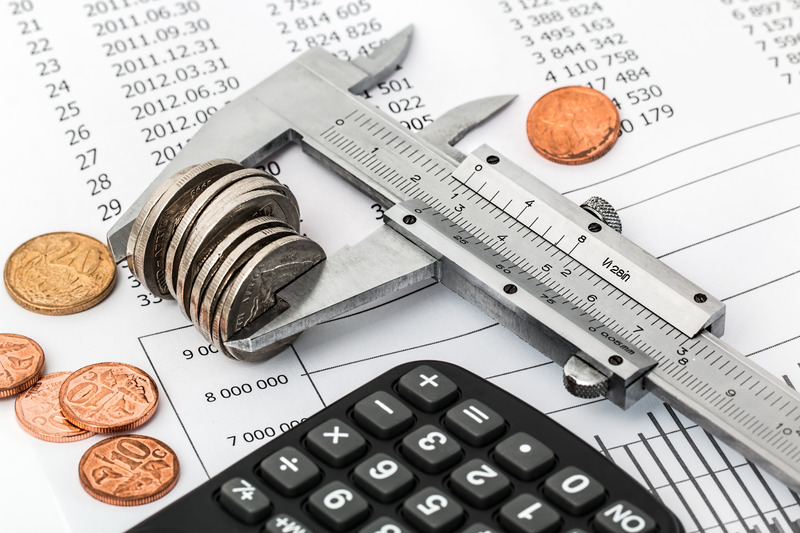In the UK, freelancers tend to have less protection from the government compared to PAYEES. Part of being self-employed means dealing with many admin tasks by yourself. Of course, you can employ someone to help you execute this, but you will still need to be aware of things that need to be put in place to protect yourself as a freelancer. This post shares tips on how freelancers can avoid late payments.
1. Send An Invoice To Avoid Late Payments

An invoice should be sent to your client both for your deposit and finalization of the project you have completed.
Your invoice should include your payment terms, which is the time frame to which your client should make payment by. Your invoice will also detail where payment should be sent to.
2. Download Invoice Apps

There are invoice apps where you don’t have to provide your bank details to your client.
Instead, the app acts as a mediator between you and the client. You request payment via the app to your client. Your client can then send payment through this app. There’s usually a small usage fee for apps like this, but you can transfer this fee to the client upon sending the invoice. Wave and Paypal Business are two apps that allow you to do this.
3. Create Contracts To Avoid Late Payments

Drafting up a contract template that you then adjust and edit where need be for each client is a great system to put in place to help avoid late payments as a freelancer.
This is particularly useful if you are working on a big project or taking on work with a regular client. It helps clear up expectations from the project on both sides from the start and details more about how you work as a freelancer.
4. Look Out For Shady Behaviour

In the process of pitching to a client or discussing a potential working relationship, there are certain telltale signs that can hint at whether the project with the client is worth pursuing.
For example, if your client is unwilling to put down a deposit or lacks significant communication and delay in responding to you during the early stages of the project, this could potentially hint that it may be difficult to chase payment when the project is complete.
5. Use Watermarks On Your Work

If your creative discipline allows it, use watermarks when submitting content for your client to view. For example, if you are a photographer or graphic designer. Watermarkly, is a free website that allows you to apply watermakrs to your work.
This helps prevent any issues of any clients taking your fully submitted work without any payment.
6. Request Deposits To Avoid Late Payments

Deposits are a great way of protecting yourself when working as a freelancer.
They are submitted before you begin any work for your client as a holding fee in case there are any disputes after the final work has been submitted.
Having a website or previous client reviews can help make future clients trust you more with deposits. This is why it’s important to have a website where you can show examples of your work.
7. Include A Late Payment Clause
It should include a clause of your rights as a freelancer concerning late payments. I offer a FREE customizable invoice template to my newsletter subscribers which include a clause of your rights as a UK freelancer specifically related to charging interest for late payments.
It may be worth checking if there are any laws protecting freelancers concerning late payments in your country (if outside the UK) so you can add this clause to your invoice template.
8. Use Automated Invoicing Tools
Sometimes manually chasing or creating invoices can get tiring. There are automated tools you can use such as Penny freedom that help alleviate the stress of this for you. It deals with following up with clients with payments that are due.
9. Offering Early Discounts
When starting a new client relationship, you could introduce a discount if they pay within a certain amount of time.
Do you have any more tips on how freelancers can avoid late payments? Please do comment below if so. For example, Writer and freelance IT consultant Jeff Davis sets a “2%, 10 net 30” rule – where clients are told to take two percent off the invoice amount if they pay within 10 days; otherwise, the whole amount is due within 30 days. He says that even a small discount can influence a client to pay quickly.
If you have anymore tips on how freelance can avoid late payments from clients, please feel free to comment below.
Also, if you are at the start of your freelance journey, I offer a Beginner Freelancer E-course to help set up and build your freelance brand.


